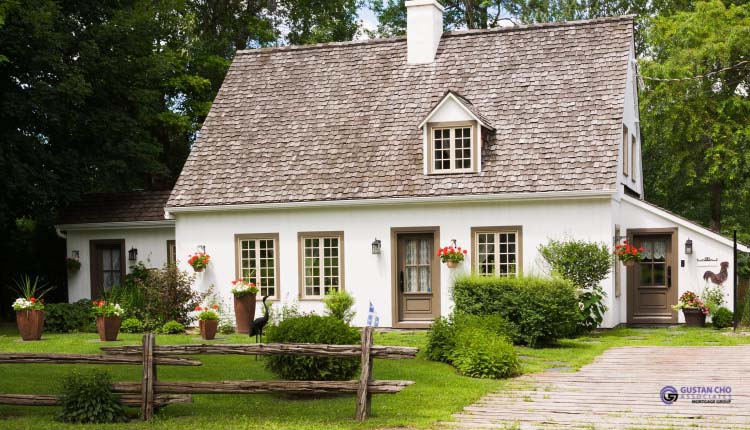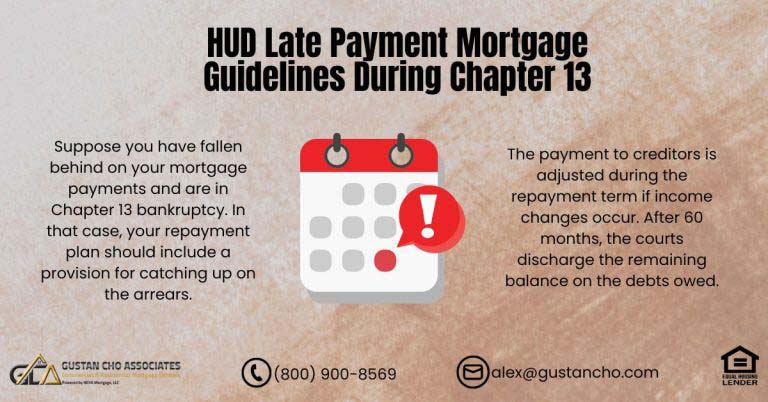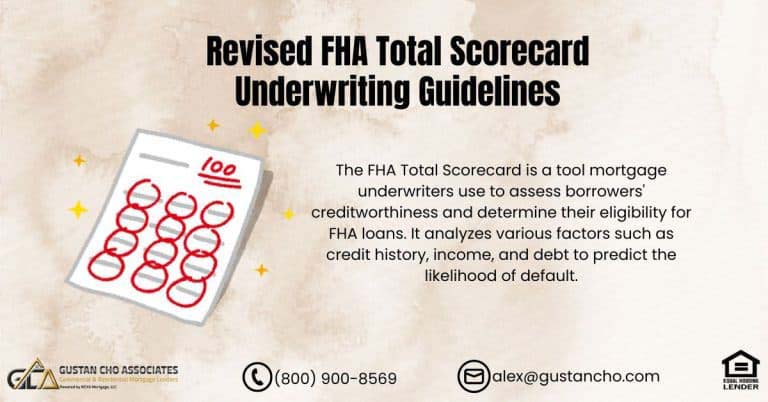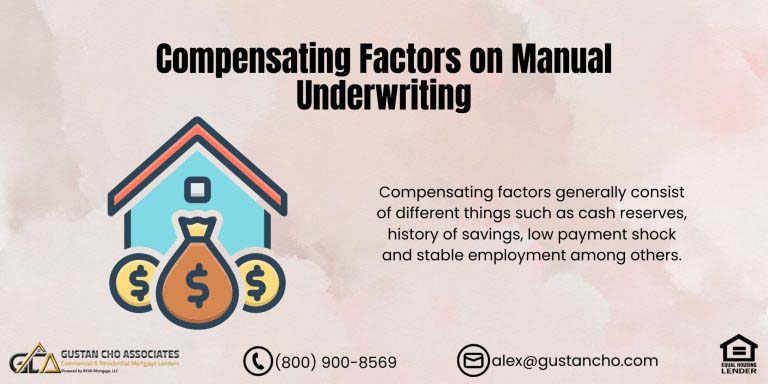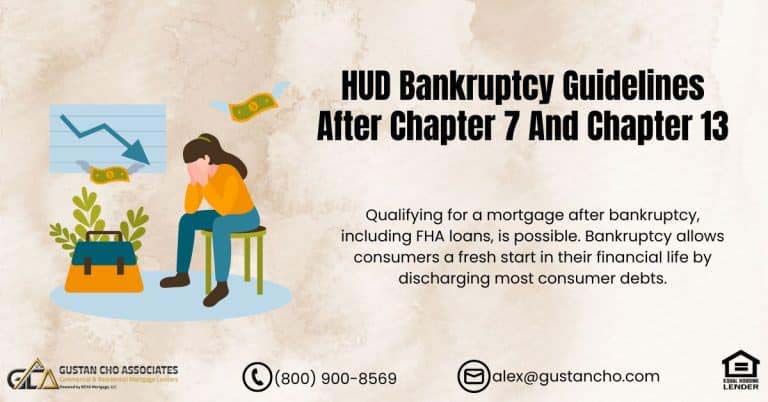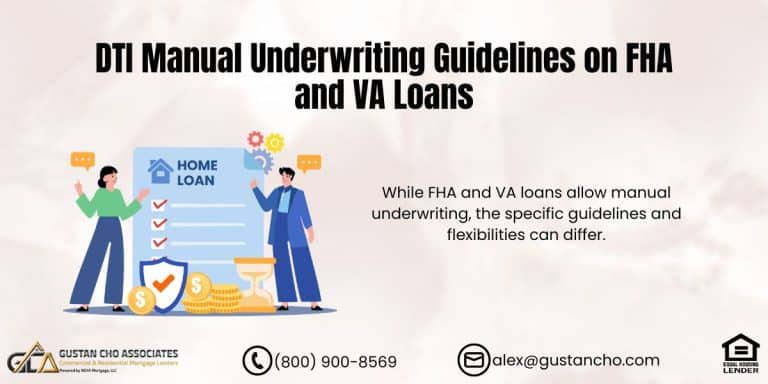This Article Is About Asset And Reserves Requirements And Guidelines For Mortgages
Homebuyers applying for a mortgage are going to be asked for asset and reserves on their mortgage application. Lenders will want to know where the down payment and closing costs are coming from. Lenders also require the applicant’s bank account information as well as all other asset and reserves information. Lenders like to see plenty of asset and reserves from borrowers. Asset and reserves are considered compensating factors. The more asset and reserves the mortgage applicant has to show for, the stronger the borrower. All assets need to have been seasoned for 60 days in order for it to count. Or needs to be sourced. Cash deposits that cannot be sourced cannot be used. Large irregular deposits need to be sourced and a letter of explanation needs to be provided.
For example, here is a case scenario in order for an irregular deposit needs to be sourced:
- irregular large deposit for $5,000 from a sale of a vehicle
- need to provide a copy of the bill of sale
- copy of the check, copy of deposit slip
- the title will need to be provided in order for this $5,000 to be counted as part of assets by the underwriter
- Borrowers with mattress cash money and cannot source it, they cannot use it as qualified funds
- The only way borrowers are able to use cash is to deposit it to the bank account and wait out the 60 days seasoning requirement
In this article, we will discuss and cover Asset And Reserves Requirements And Guidelines For Mortgages.
Seasoning Requirement On Bank Accounts
The 60 days seasoning is not a lender requirement. Lenders require only 60 days of bank statements to be provided by borrowers. Any deposits prior to the 60 days will not be asked. This is the reason if intend in buying a property in the near future to make sure to have all undocumented funds deposited and seasoned in a bank account for 60 days. When lenders talk about assets, they mean one month’s worth of principal, interest, taxes, and insurance. When a lender requires reserve and conditions 3 months reserves, they mean three months’ worth of principal, interest, taxes, and insurance.
Why Do Some Lenders Ask For Assets?
A lender will ask for reserves in cases they feel borrowers pose a high risk.
- Assets are considered compensating factors to offset risk factors.
- Cases where lenders will ask for 3 months PITI are situations where borrowers have credit scores of under 600.
- The Automated Underwriting System can also condition an automated approval for reserve.
- AUS conditions reserve on cases where higher-risk borrowers get approve/eligible.
- The minimum reserves that are normally asked are 1 month.
- There are cases where mortgage lenders ask for 6 months PITI especially if it is multi-unit properties.
Portfolio lenders often request one year’s reserves for a home purchase. If the borrower already owns a primary residence and want to purchase a second home, portfolio lenders can require one-year reserves for the principal main residence PITI as well as one year reserve for the second home purchase’s proposed principal, interest, taxes, and insurance.
This is the case with condotel and non-warrantable condominium lenders.
Asset And Reserves Requirements For Property Types
Single-family owner-occupied residences are considered the least risky investment for lenders.
- For those higher risk owner occupant property buyers, lenders can condition two to three-month reserve requirements
- For second/vacation home borrowers, lenders may require three to six months reserve requirements
- For multi-unit investment homes borrowers, the reserve requirement is normally six months
Conventional loan programs via Fannie Mae and Freddie Mac have reserve requirements based on borrowers’ credit scores, debt to income ratios, and loan to value. Normally the automated underwriting system will dictate whether zero reserves are required or 12 months of reserves are required. Whatever the automated findings are, the individual lender can and often times have their own mortgage lender overlays. The higher the risk a loan applicant is, the higher the reserve standards are.
For FHA loan programs, there are no reserve standards on properties up to 2 units. 3 to 4 unit properties normally will require at least three months of reserves. VA loans require 6 months or reserve requirements for 3 to 4 unit requirements. All manual underwriting requires one month’s reserves.
Reserve> Why do mortgage lenders need to see my bank statements?


